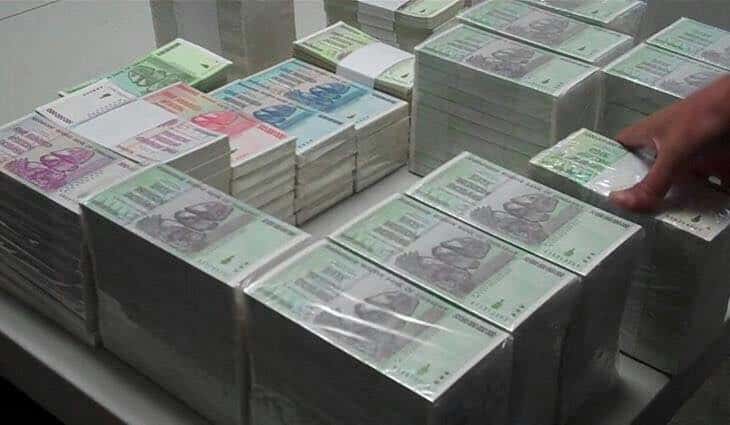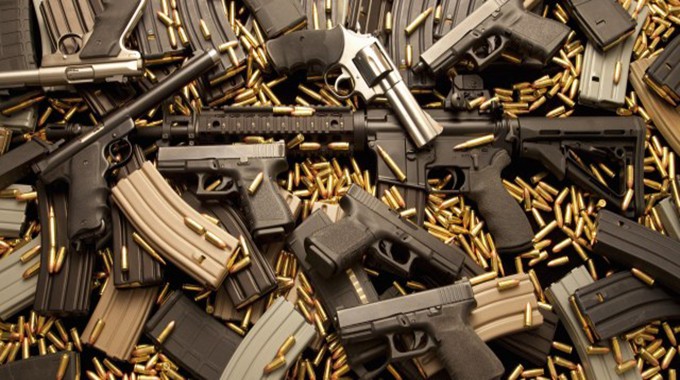When the state announced its intention to introduce higher denomination banknotes, economists warned that it would cause the inflation rate to rise, as traders would chase the bigger notes.
As predicted, some traders have already started rejecting the $1 and $2 bond coins.
All small shops except supermarkets have also started refusing to accept the coins for payment of goods and services.
Transport operators who are secretly operating despite the lockdown rules banning their activities have also started rejecting the coins.
One shopkeeper who spoke to this publication over the matter said they are forced to reject the coins, because the coins are not being accepted by money changers.
“We procure the goods and services that we sell using foreign currency. And those selling the US$ on the parallel market are not accepting these coins.
“They say the coins have lost value because of the rising prices. The money changers are now chasing the higher denominations, so we have no choice than to reject these coins,” he said.
The shopkeeper, who declined to be named said the move to introduce higher denomination banknotes is a strong sign of inflation.
“Very soon, we are going to witness the slashing of zeros from these higher denomination banknotes,” he added.
Meanwhile, Information, Publicity and Broadcasting Services Minister Monica Mutsvangwa, in a post-Cabinet briefing recently said the government will soon announce measures to arrest speculative tendencies in the market.
She said Cabinet received an economic report from Finance Minister Mthuli Ncube and Reserve Bank of Zimbabwe Governor Dr John Mangudya, observing that price hikes did not follow economic fundamentals.
“It is also stressed that the current price and foreign exchange rates fluctuations, are clearly divorced from real economic fundamentals. This can be attributed to speculative tendencies.
“The Minister of Finance and Economic Development and the Governor of the Reserve Bank will announce measures which will see the situation stabilising in due course,” said Mutsvangwa.
Ncube recently said the government will continue engaging the retail sector on implementation of the price moratorium, with the hope that the sector does not react to fluctuations on the parallel currency market.
“We will reach out to industry so that they do not immediately react because that is what has been happening that they have been a reaction to the parallel rate when the parallel rate moves the retail sector prices also move,” said Minister Ncube.
But some market watchers say what Ncube is saying is hard achieve, they say the shops will always respond to the market forces.
They add that it is the government that has to make the economic fundamentals right and not vice versa.
Basic commodities although priced in local currency are largely pegged against the black market US dollar cross rate.
The official rate is 1:25. The price hikes are against last month’s Government and industry moratorium that prices should revert to March 25 levels.
The consumer basket has risen, 2 litre cooking oil is now at $165, a 2kg sugar is pegged at $139, though now erratic.
A two-litre bottle of Mazoe orange crush is pegged at $180 in smaller shops.
In April, poverty datum line (PDL) for an average family of five was $6 420,87, reflecting a 21,3 percent rise from February’s $5 292,63 Zimbabwe National Statistics Agency (Zimstat) reported.
Confederation of Zimbabwe Retailers Association (CZRA) once assured Zimbabweans that prices would drop last month, but recently said it was difficult to reduce prices due to instability of the currency market.
CZRA president Denford Mutashu said: “Under the current environment it is a delicate situation as cost drivers are not letting up.”
Mutashu said the foreign currency situation has not favoured doing business.
“If at all the major focus currently is to stabilise supply before moving to price stabilisation,” he said.














